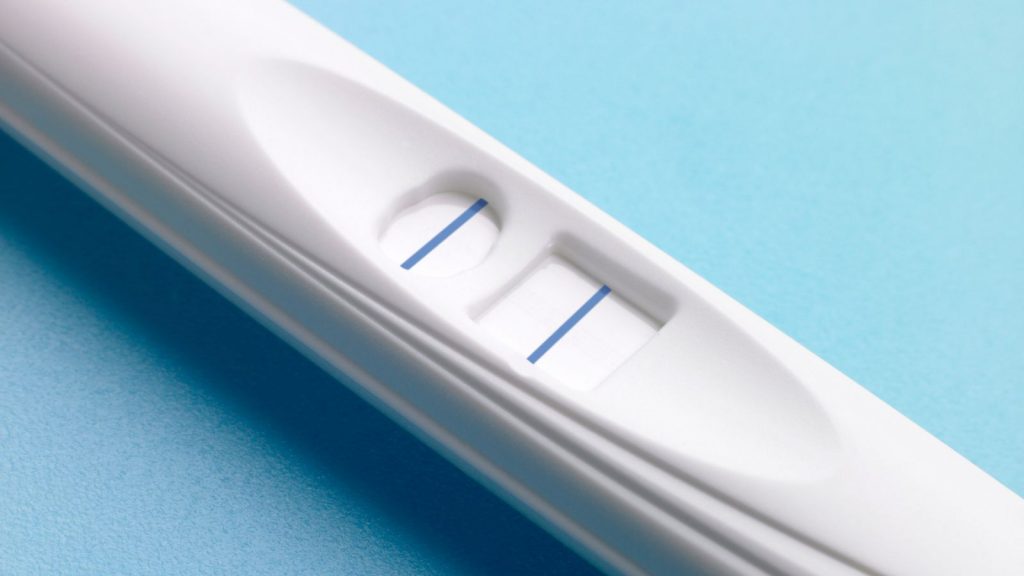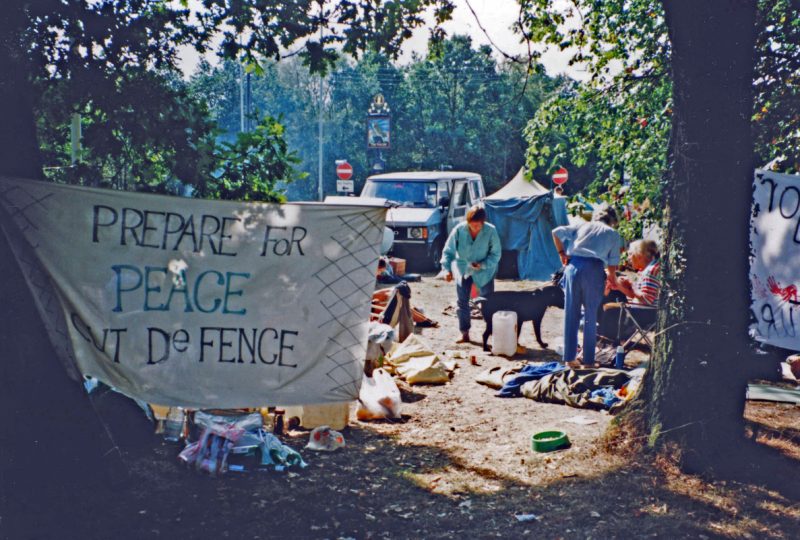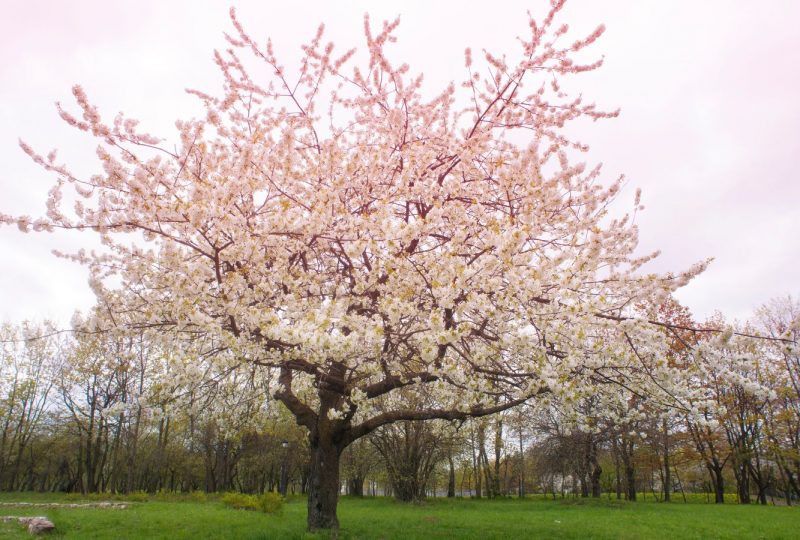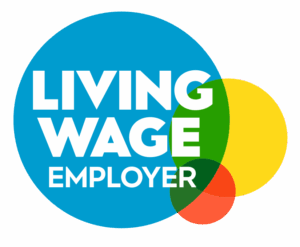It’s Maternal Mental Health Week, a weeklong campaign dedicated to talking about mental illness while pregnant or after having a baby. There are numerous stories of Motherhood, and of Mental Health, in Team Scary and we are honoured and privileged to be sharing some of those stories this week.
Today, Kate Rawson writes for us about the ‘unpalatable subject matter’ of miscarriage that she fought to have told, and ultimately won a gold ARIA (Audio and Radio Industry Award) for. Thank you Kate, for sharing with us.
In 2014 I had a miscarriage. I was seven weeks pregnant and woke up one morning to blood on the bed sheets. I googled it and only read the reassuring posts, when I went to the GP she did not seem too worried either. She said she would contact our local Maternity Unit for a scan but she was very keen to send me away with a smile on my face. A week later I went for an ultrasound that showed a little grey patch in my womb where a foetus should have been. Comments like, ‘It’s just one of those things,’ and ‘You’ve got time to try again,’ were reassuring and well-meant but reinforced the message that this was just a blip in my life and not important. I had a two year old son so I cried when he wasn’t looking and got on with it.
The next year I got pregnant again and decided to tell a few people straight away. It had been odd telling friends that I was pregnant and not pregnant in the same breath after my first miscarriage, plus I could do with some cheerleaders.
I was in the playground with my now three year old when I realised I was going to miscarry again. It was just a little cramp, but I knew. I was eleven weeks pregnant and we had had an early scan that was fine so this was a horrible shock and the miscarriage itself was quite traumatic. Still the old lines were being peddled, ‘It’s normal, it’s nature’s way.’ I was not feeling normal anymore and nature could bugger off.
My third attempt was riddled with anxiety. I was obsessed by dates and measurements and symptoms and statistics in a way I had never been before. I wrote a blog to try to process some of those feelings. Then I came across a research study at my maternity unit that offered regular ultrasounds during the first trimester. I went every ten days but those five seconds before I heard the heartbeat were agony each time. Maya Al-Memar was the consultant running the study and when she told me her interest was in miscarriage, that it was “the last taboo,” I just wanted to hug her.
Fortunately, I went on to have another healthy baby but I was left with an uneasy feeling, not just about the trauma of miscarriage but how there seems to be very little room for it in society, little support, little public conversation.
I decided to write a radio play about it after re-discovering my blog, it struck me that this was such a common story (around a quarter of a million women miscarry in the UK each year) but it is so rarely told, barely even referenced.
Little Blue Lines would focus specifically on early pregnancy loss (occurring in the first trimester) as this accounts for around 75% of all miscarriages, and I wanted it to be a warts and all account, not whispered hints. It’s so easy to dismiss the experience for other people’s benefit. I wanted to reflect the incredible feat of so many who lose a baby in pregnancy and come out the other side, try again, maybe fail again, all without telling anyone/taking time off/ having a complete breakdown, and hopefully make them feel less alone.
It was a long and sometimes frustrating journey trying to gather interest in a black comedy about miscarriage, but god bless the BBC they agreed to it in the end and it was broadcast in five episodes in February 2021.
I was blown away by responses from friends and strangers alike: A grown man who was reminded of his mother weeping as a kid and is glad to understand what she went through and make sense of her grief; abandoned wives left to get on with it by their partners who casually dismissed the pain; lonely embarrassed mums dealing with insensitive comments at school gates; women who had been through six or seven losses with happy and less happy endings to their struggle; family who admitted it was too gory or (understandably) too painful to re-live; medics I had consulted who were convinced airing this story in all its ugly truth would help many people.
It upset me to read comments on social media about the ‘unpalatable subject matter’ but then I won an award – for Best Fictional Storytelling on the radio – and I felt much better.
As much as I was very grateful for the incredible platform and reach of Radio 4, at times I was frustrated by the censorship that comes with airing straight into someone’s kitchen or car at 10.45 every morning. You can’t really scream on the radio and I had too many tw*t and c*nt gags begging to be written so I adapted the radio play for the stage and called it Bloody Woman.
I think there has been some progress in the visibility of miscarriage in drama, and certainly in the media reporting it. Already as I was developing the play I noticed more resources to support miscarriage care – there is now a National Centre for Miscarriage Research, and counselling is offered at miscarriage support groups and charities, but they cannot meet the demand and many rely on good will alone to survive. There has been productive research on PTSD following miscarriage and recurrent miscarriage (the study I took part in) and there is still hope for Angela Crawley’s Miscarriage Leave Bill.
I live in the USA at the moment where the repeal of Roe v Wade has had terrible knock on consequences for miscarriage care – doctors reluctant to prescribe drugs to treat early miscarriage for fear of legal repercussion (because it is the same medication used in most abortions), heightened scrutiny and suspicion of your pregnancy loss and of course forced stillbirth when a baby is diagnosed with fatal conditions in the womb and the mother is made to continue the pregnancy despite risks to her own life. The inhumanity and wilful ignorance of it crushes me.
I’ve just finished writing a new play about bringing a child into the world in a climate crisis, and the guilt, responsibility and paralyzing anxiety that can be wrapped up in that. More and more young people are turning away from the expectation that they will be parents, and I find that decision completely understandable right now.
My experience of miscarriage was above all lonely and isolating. Drama or even entertainment is not about being ‘palatable’ it is about sharing an experience, and I’m so proud to have shouted (and screamed and whispered gently into a mic) this one.
Listen to Kate’s radio play Little Blue Lines here and look out over the next two days for two more pieces of Kate’s fiction. Tomorrow we’ll be sharing a monologue she wrote while exploring the character Amy in Little Blue Lines and the day after, we’ll be sharing an excerpt from Bloody Woman, the stage adaptation of Little Blue Lines.
Petals is a charity that provides and promotes specialist counselling for parents across the UK following baby loss. If you’ve been affected by a miscarriage, you can contact them here for support.






